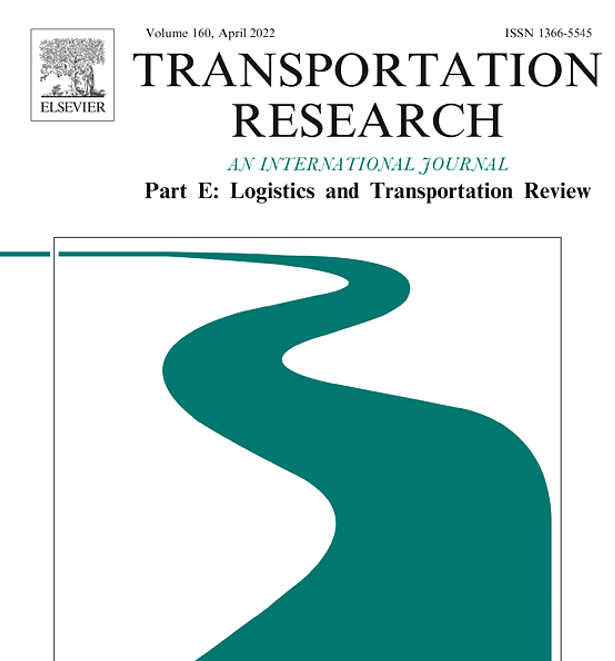
April 28, 2022 — Urban Freight Lab Research Assistant Fiete Krutein (Ph.D., Industrial and Systems Engineering anticipated ’22) and founder Prof. Anne Goodchild have published a new article, “The Isolated Community Evacuation Problem with Mixed Integer Programming“, in Transportation Research Journal Part E: Logistics and Transportation Review (Elsevier).
This paper continues a collaborative case study between the Urban Freight Lab and the Bowen Island Municipality to bridge the gap between academia and practice for successful island evacuations, as part of the research on Shipping Resilience: Strategic Planning for Coastal Community Resilience to Marine Transportation Risk (SIREN), funded by Marine Environmental Observation, Prediction, and Response Network (MEOPAR).
As awareness of the vulnerability of isolated regions to natural disasters grows, the demand for efficient evacuation plans is increasing. However, isolated areas, such as islands, often have characteristics that make conventional methods, such as evacuation by private vehicle, impractical to infeasible.
Most previous models have focused on densely populated areas, and are inapplicable to isolated communities that are dependent on marine vessels or aircraft to evacuate. This paper introduces the Isolated Community Evacuation Problem (ICEP), which differs from previous models on resource-based evacuation in that it is highly asymmetric and incorporates compatibly issues between resources and access points, and a corresponding mixed-integer programming formulation that aims to minimize the evacuation time of an isolated community by optimally routing a coordinated fleet of heterogeneous recovery resources.
The results give researchers and emergency planners in remote areas a tool to build optimal evacuation plans given the heterogeneous resource fleets available, which is something they have not been previously able to do, and to take actions to improve the resilience of their communities accordingly.
Read more:
About the Urban Freight Lab (UFL): The Urban Freight Lab is a structured partnership of academic researchers, public sector agencies, and private sector firms — shippers, retailers, tech providers, property owners, and manufacturers — working collaboratively to identify complex urban freight management problems and design solutions to make industry more efficient and cities more sustainable and livable.